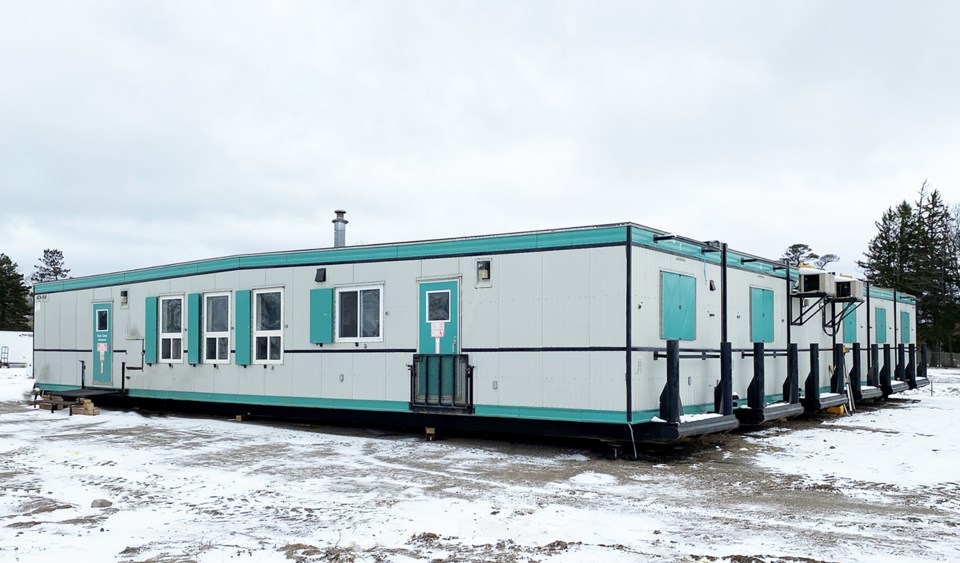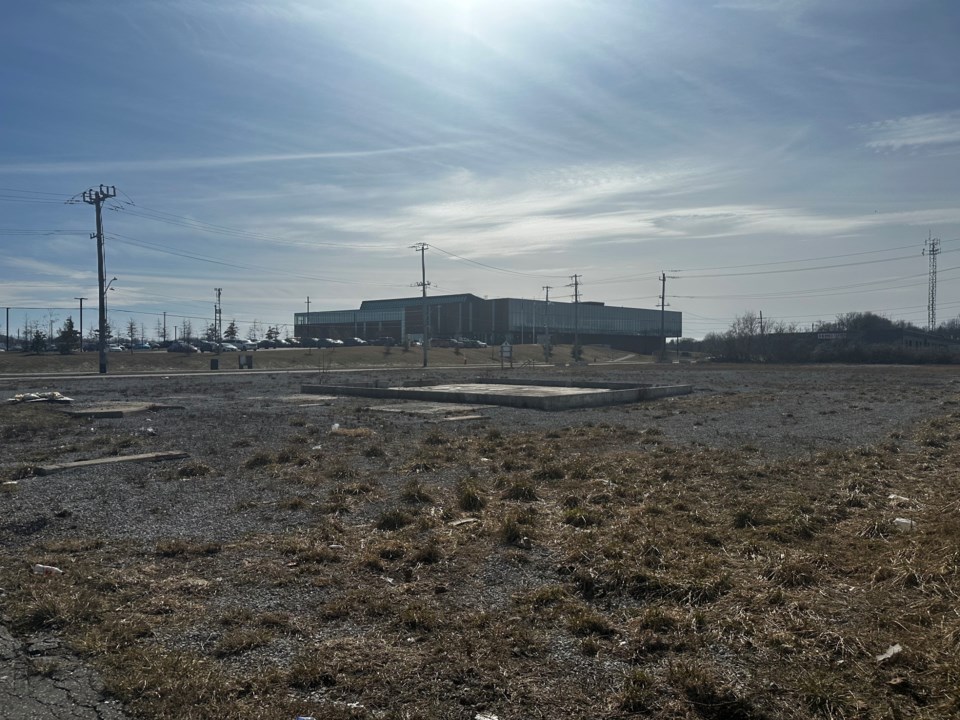Work to establish the a local rapid rehousing project — a joint project between the City of Orillia and County of Simcoe — will unfold quickly over the coming weeks, officials say, with plans to have the facility operational by late April or early May.
Earlier this week, city council settled on two potential sites for the project. In order of priority, the sites are a vacant parcel of land at 175 West St. S. (beside the Orillia Recreation Centre), followed by 66 Peter St. S. (the former site of the Orillia OPP detachment).
Mayor Don McIsaac told OrilliaMatters the city has authorized the county to move forward with the West Street site. The Peter Street site will serve as a back-up should the need for an alternative site arise, amid the county’s tight timelines to remain eligible for federal funding for the project.

“Just because we're on a short fuse here — the federal money that the county's getting has to be spent by the end of April — we've authorized staff to go ahead and the county to go ahead with 175 West,” McIsaac said.
“If anything happens on 175 West, if they discover something (and) they can't use it, rather than come back to council they can go directly to 66 Peter as a second option.”
With the goal of transitioning the city’s unhoused population to permanent housing, the temporary facility — composed of portable, modular units — will include sleeping rooms, shared washroom facilities with showers, a shared kitchen and laundry, and the potential for 24-hour staffing.
Similar to the Rose Street project in Barrie, the Orillia project aims to support 20 to 40 individuals in its first year, and up to 200 people through its five-year duration.
County officials say they expect the modular facilities to arrive at the end of March or early April, with minimal construction required onsite as the units are pre-built.
“However, grading, placement, lighting, parking accommodation, building connections and utility hookups are required and should be started (by) end of March. The extent of work will be dependent on the selected location,” said Brad Spiewak, the county’s director of social housing.
“We will have a more accurate timeline once the units have been shipped, but our goal is to have the building and program start operations in late April/early May.”
In February, city council committed $100,000 in city funds toward associated fees, development charges, service connections, and lot grading requirements, with the county footing the bill for the capital costs and managing a financial agreement with a service provider for its operating costs.
